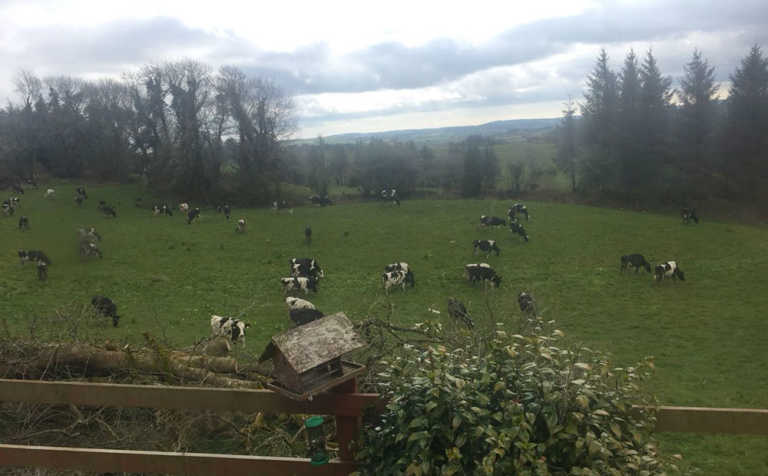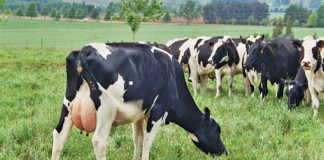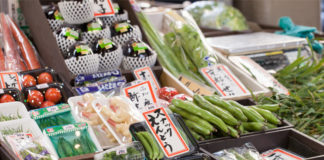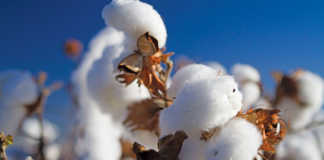
Photo: Liesl Schroeder
This was due to the fact that the severe winter weather had resulted in limited grass growth.
The Irish Minister of agriculture food and marine, Michael Creed, recently allocated €1,5 million (about R22 million) in funds for a fodder import support measure, which is the first time such a measure had been needed since the spring of 2013.
READ Consumers must be informed about dairy substitute drinks
The intention was to import up to 20 000t of fodder to alleviate the crisis.
According to a report in The Irish Times, thousands of farmers have had to keep livestock indoors far longer than usual and were now running low on available feed in the form of dried hay, silage or wheaten straw.
“Poor grass growth because of cold weather and wet conditions in fields due to huge rainfall has meant that farmers who are already under pressure for fodder have had to keep their animals indoors at a time when they should be out on grass,” Irish Farmers’ Association president Joe Healy said in the same report.
READ Dexter cattle: Ideal for meat and dairy
Ireland was now looking to the UK, France and Spain for fodder imports to ensure the survival of the herds.
According to Irish Cattle and Sheep Farmers’ Association president, Patrick Kent: “Cash flow is a significant issue for suckler and sheep farmers and with virtually no fodder left to move around the country, meal vouchers to supplement fodder are now essential to alleviate the hardship.”
This crisis had been further aggravated by high deaths tolls resulting from winter-related diseases such as pneumonia, he said.
Farmers also blamed the crisis on the push for rapid expansion of the dairy industry in Ireland that resulted from the abolishment of milk quotas in 2015 (which was heavily supported by the EU), without sufficient government support strategies to support the increased growth.
Commenting on the crisis, a beef farmer near Cork, Richard Hyde, said: “This is the wettest winter/spring ever in my recollection during my 40 years of farming.”













